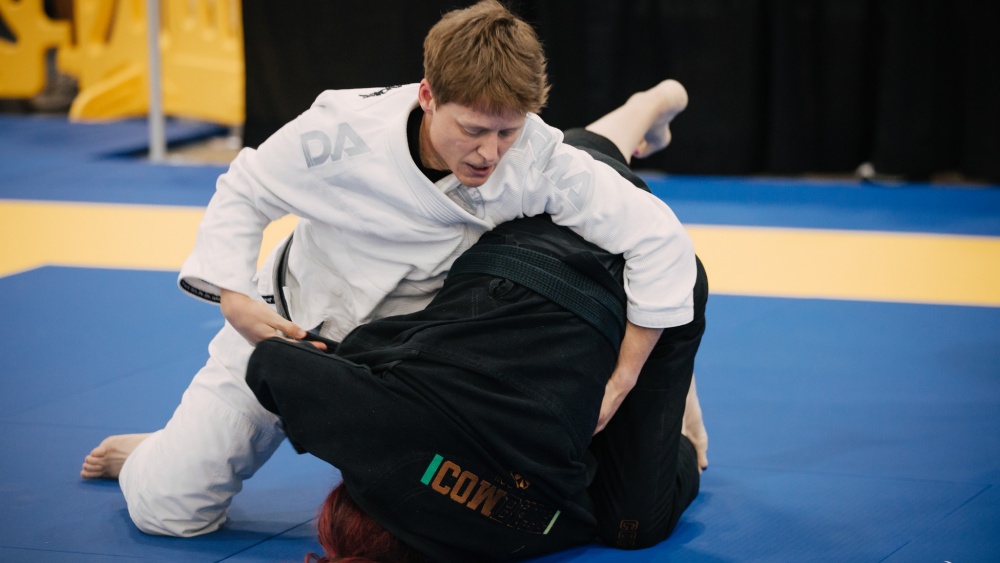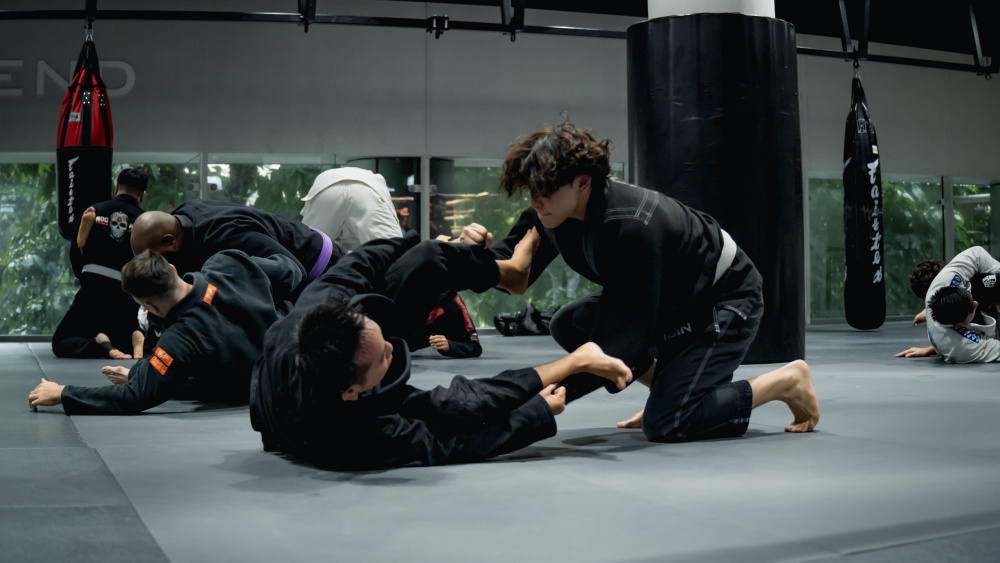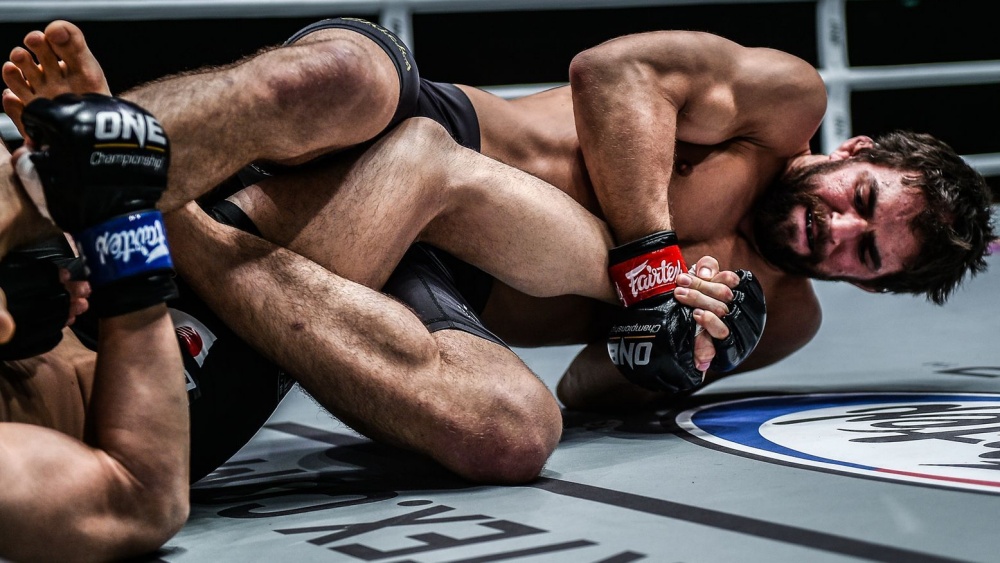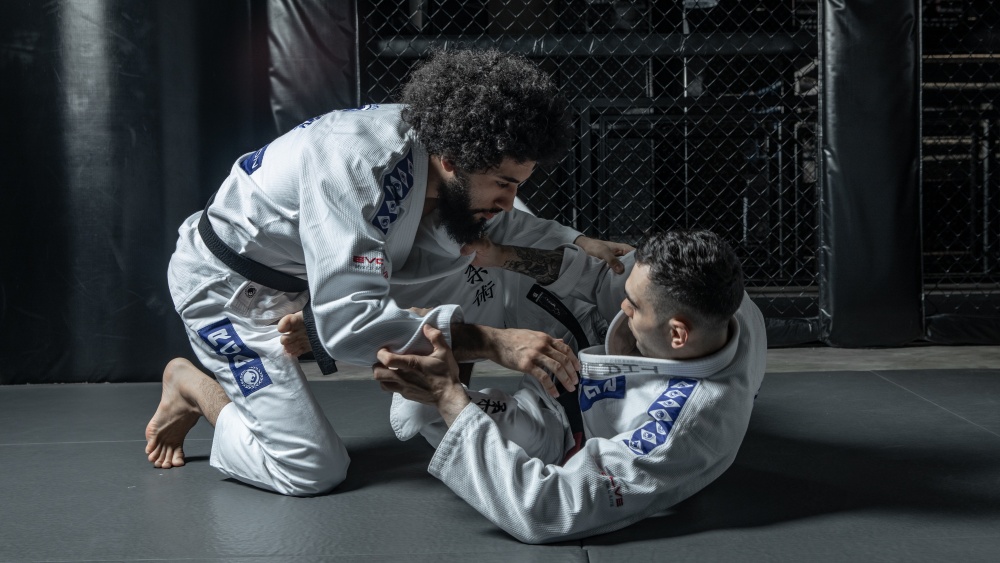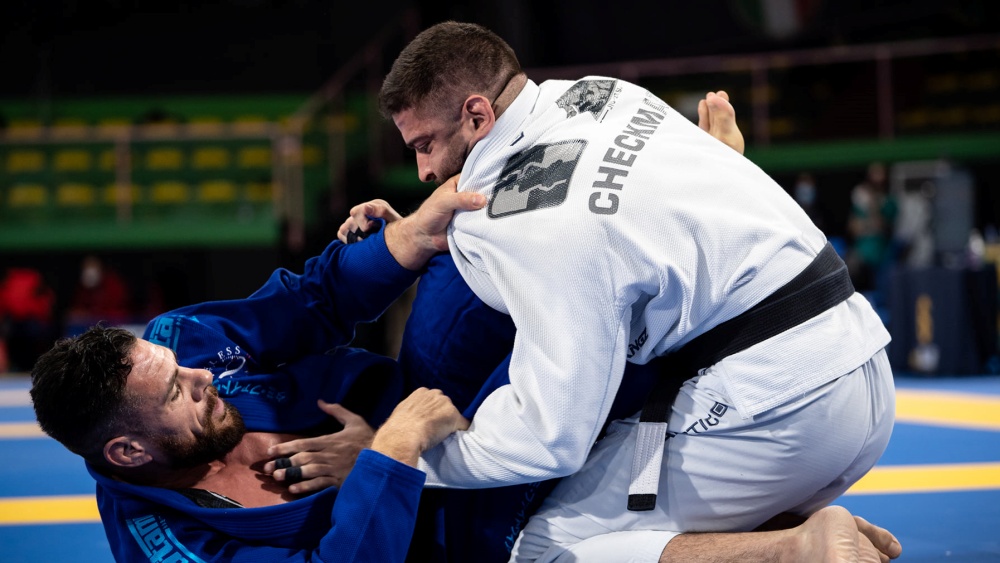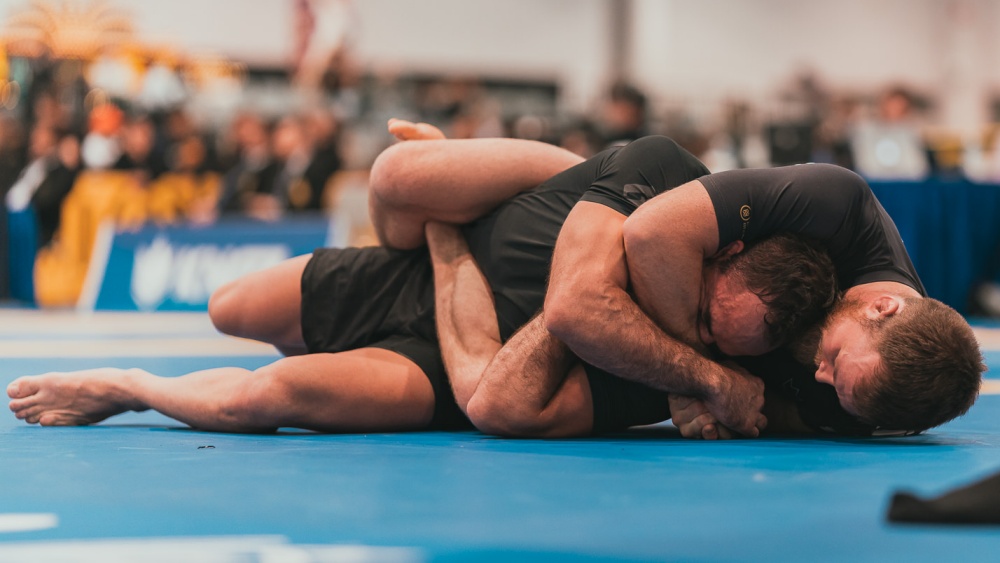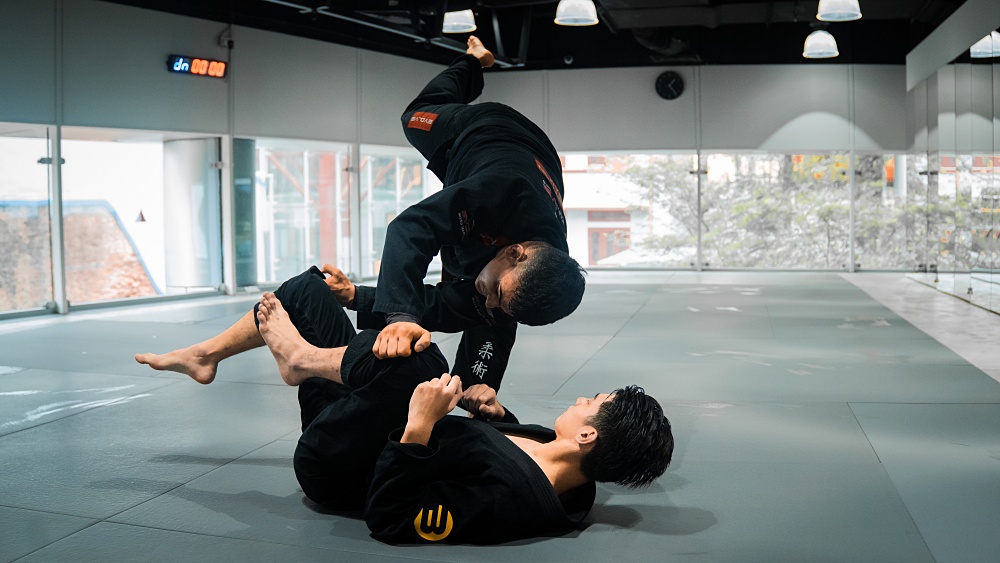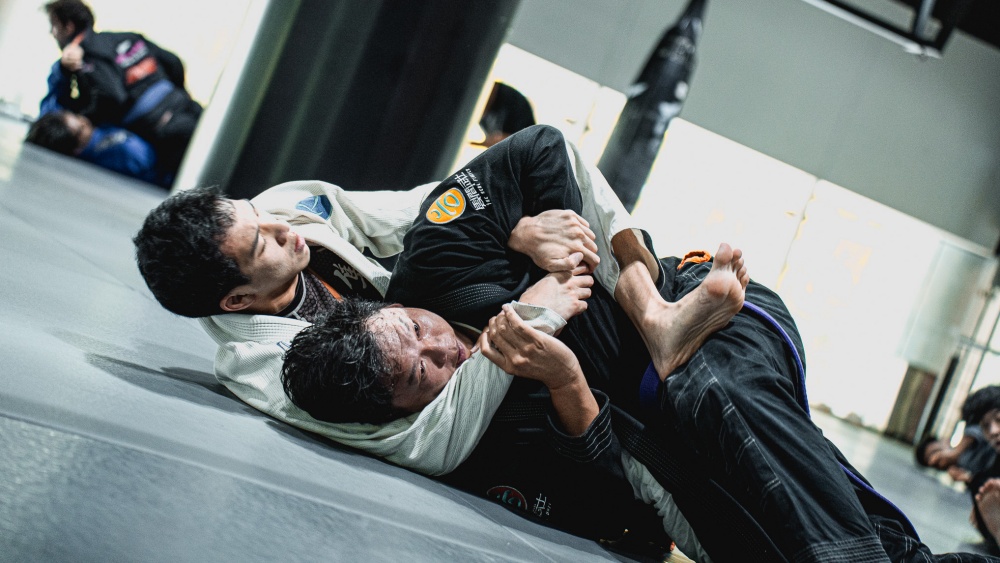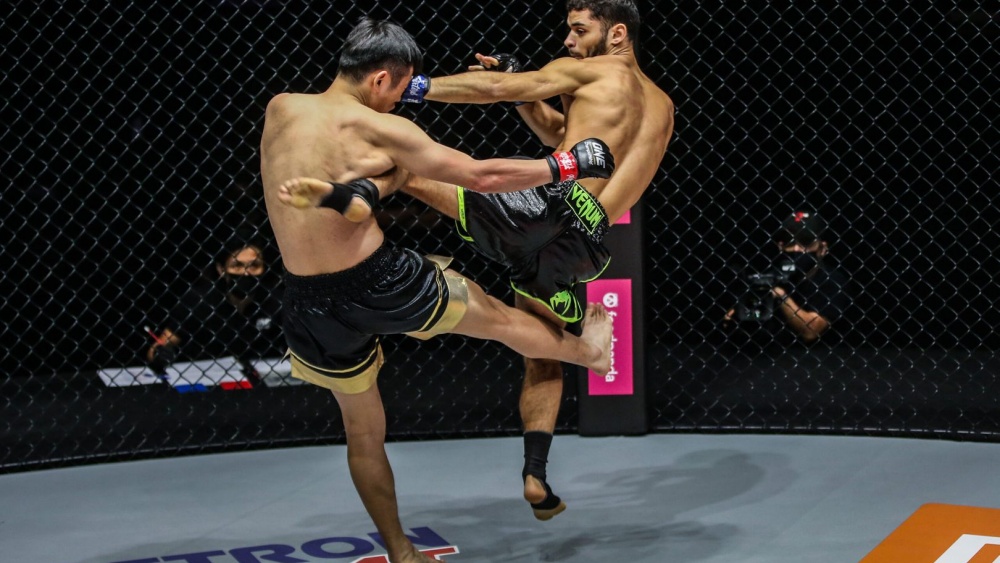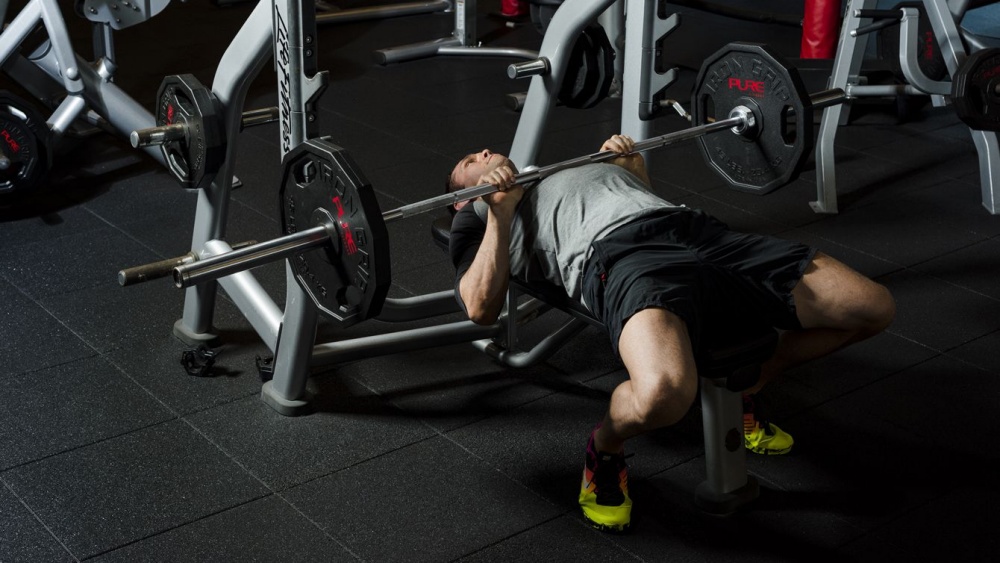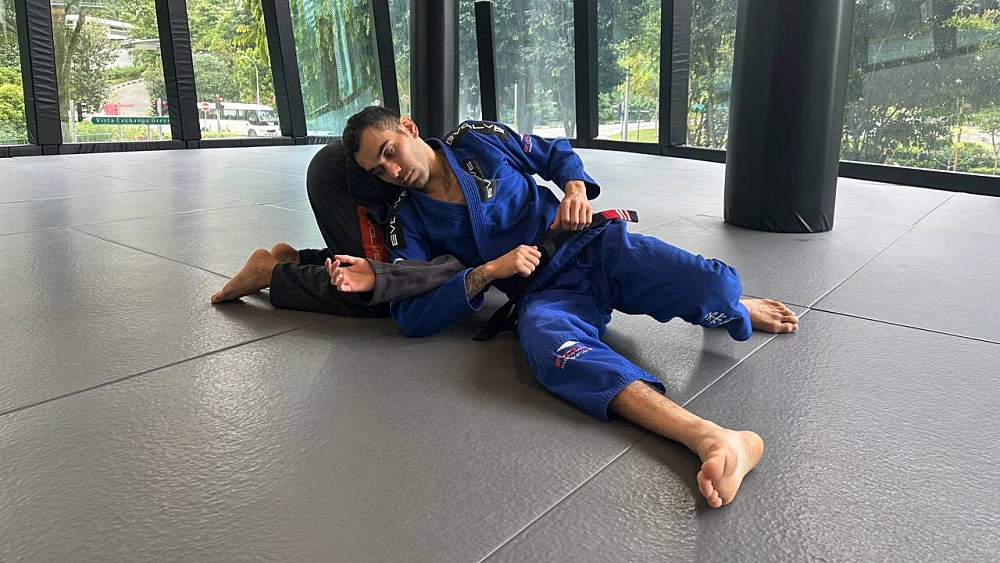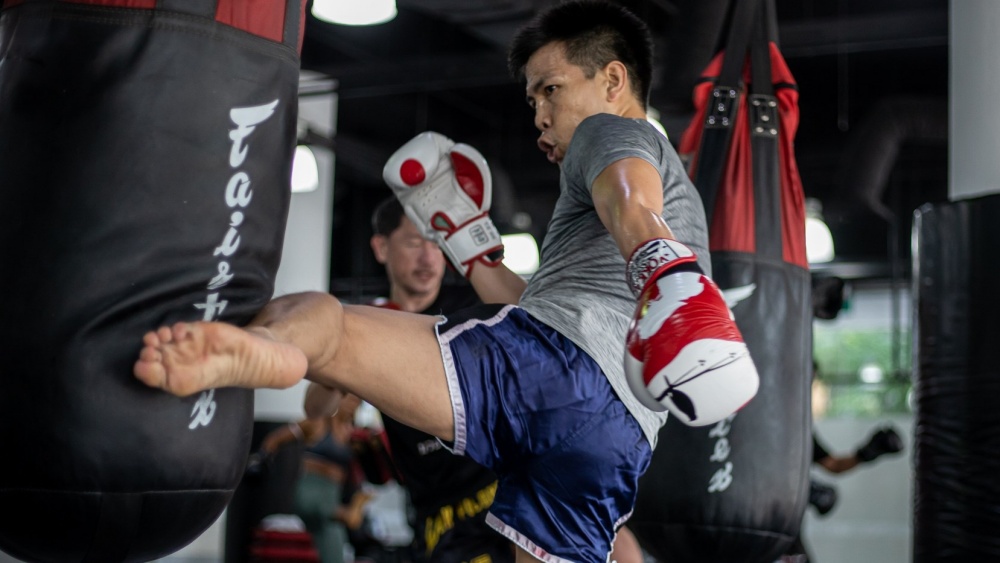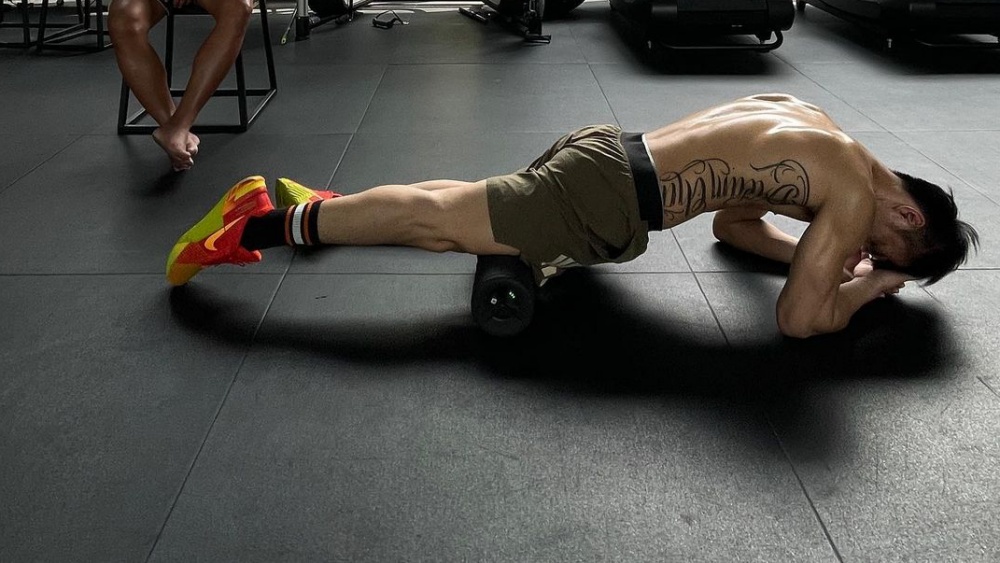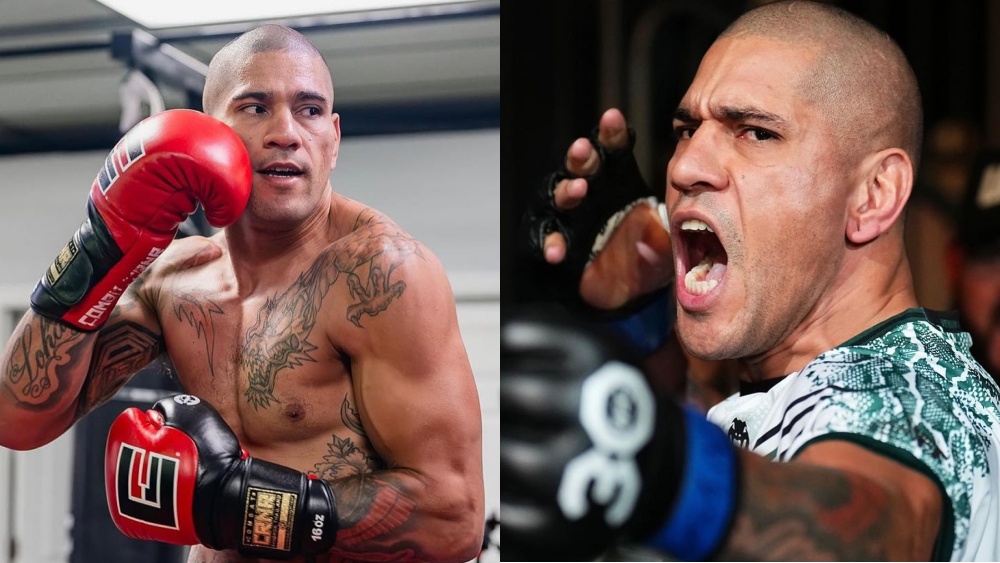Some may argue that BJJ is one of the best and most complete martial art out there. While it may be true to an extent, BJJ is an art that’s still evolving. As part of its development, BJJ often adapts techniques from other grappling martial arts like wrestling and Judo and modifies them to be used optimally for the sport. This, of course, is a great approach, as both wrestling and Judo are fantastic grappling styles as well. This article will teach you how to use a wrestling technique known as the Granby roll.
What Is The Granby Roll?
The Granby roll is originally a move used in wrestling that was popularized by legendary wrestling coach Billy Martin Sr. of the Granby High School in Norfolk, Virginia. The movement has been proven effective, so much so that Olympians and collegiate wrestling champions learned it directly from Martin back in the day. Nowadays, the move has been carried over to Jiu-Jitsu and MMA. It is a common technique used to recover position, as well as a means to escape.
The Granby roll is applied in wrestling by rolling on your shoulder or sometimes even jumping into a roll to escape the opponent’s back control. The BJJ approach is almost the same in execution but done in a more controlled manner. Previously, the Granby was used mainly to defend against the opponent’s back control or to get out from the turtle position. Nowadays, it’s widely used to set up leg attacks, berimbolo, transition to the tornado guard, and attack the opponent’s back.
How To Perform The Granby Roll
The first step in learning the Granby is that you should be able to hold the final position, which is to hang out upside down on your shoulders. You want your hips over your head and your toes in contact with the mat. Though you may find it difficult, you can help yourself by pushing with your elbows on the mat to get your toes down or by grabbing your ankles to pull your toes down. While it is expected that you’d find trouble reaching your toes down the mat if it’s your first time, keep practicing the move regularly to develop the flexibility needed to hang upside down with your toes on the mat comfortably.
The next step is to be able to move from side to side. It means that you can comfortably go from one shoulder to the other while maintaining weight on your shoulders. You should be able to move side to side while dragging your toes across the mat. Once you can do that, you can transition from the shoulder roll position to a sitting position, where you move from side to side. Bring your hips down to one side with your glutes on the mat and rise to a sitting position. Do it also on the opposite side.
Now that you can transition to a sitting position, you can start drilling the roll. Start from the sitting position with your legs extended on the mat. Fall to your shoulder while tucking your head in between your knees. Use your toes to elevate your hips above your head and tuck your head further between your legs. Drag your toes across the mat and complete the roll to a sitting position as you did earlier on the other side.
It is important to execute the movements slowly to protect your neck and understand the weight distribution during the roll to help you stay loose and relaxed. As you progress, you can perform the movements faster.
One variant is to perform the roll from your knees. From the kneeling position, the Granby roll is done by tucking one arm between your legs as you go to your shoulder to perform the shoulder roll and back to the kneeling position. Likewise, do the movements faster as you progress.
Another advanced application of the shoulder roll is doing it on the wall. To do this:
- Put your feet on the wall with your hips touching the wall.
- Use your feet to elevate your hips toward your shoulders.
- Walk one shoulder closer to the wall and tuck your head.
- Use your toes to push off the wall and invert your position with your head facing the wall.
- Stay light on the wall to not push yourself off back to the seated position.
- Keep your toes on the wall, complete the circle, and return to the original position.
Escaping The Turtle Position
The Granby roll is mainly used in Jiu-Jitsu to escape the turtle position. Starting from the turtle, where the opponent is on the right side controlling your left hip, drop your shoulder and look away to your left to do the shoulder roll. As you roll at an angle, open your legs to recover your guard. Doing this should give you the space to establish the closed guard. If the opponent commits forward after you roll, you can catch them with the triangle.
The right time to use this technique is when the opponent is not as heavy on top of your hip. A good indicator of this is when the opponent has their knees on the ground. When the opponent is on top turtle, but their weight is on the mat (or even better if both their knees are on the mat), there will be less weight controlling your hip. It is the perfect time to do the Granby and recover your guard. Do not attempt the Granby roll when you feel heavy pressure on your hip and back, as you will likely get stuck in side control due to lack of space to move.
Conclusion
Like bridging and shrimping, the Granby roll is a fundamental movement that should be part of every grappler’s arsenal. As mentioned earlier, it is a position that will give you many opportunities to not only escape bad positions but also initiate attacks. Regardless of your rank, we encourage you to try the technique next time you step on the mats.
You may also like:
